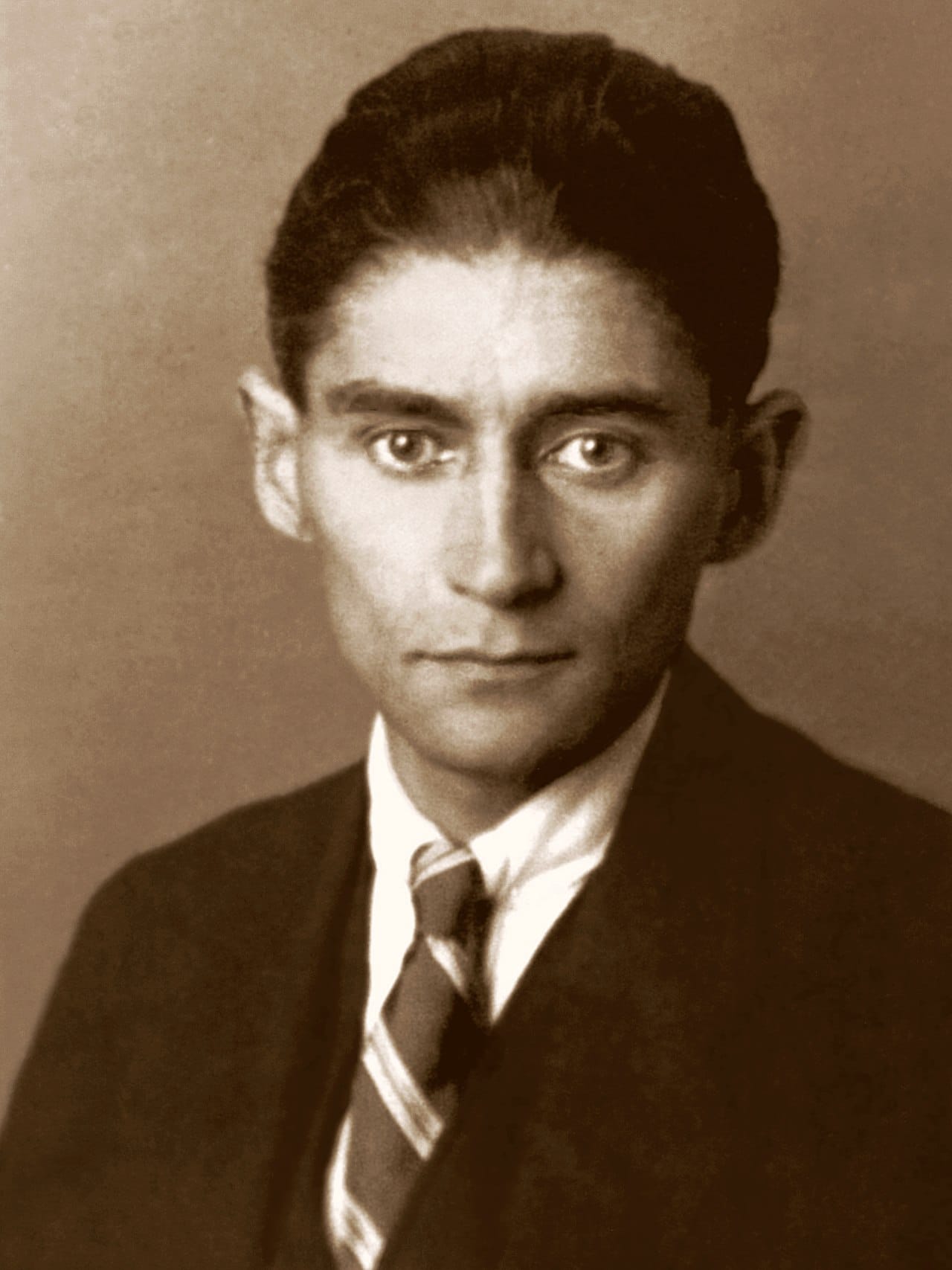
The Last Will and Testament of a friend of Franz Kafka, recently proved decisive in the release of previously unpublished works of the 20th century literary master.
Franz Kafka was the author of such masterpieces as The Trial, The Castle, and The Metamorphosis.
When Kafka died in Prague in 1924, he left all his possessions to his friend Max Brod. Kafka told Brod to destroy Kafka’s novels and stories, most of which had not been published.
After Kafka’s death, Brod couldn’t bring himself to burn his friend’s writings. (Millions of readers are grateful that Brod ignored his friend’s request.) Brod loaded a suitcase with Kafka’s manuscripts and fled Nazi-occupied Prague to Tel Aviv in 1938.
Brod published some of Kafka’s novels before he died in 1968. He bequeathed Kafka’s manuscripts to the Israeli National Library. However, a number of unpublished manuscripts ended up with Brod’s secretary Esther Hoffe whom Brod instructed to deliver to the Library. Hoffe, however, ignored her boss’s directions and instead sold some of them on a Sothby’s auction which netted her several million dollars of ill-gotten gains.
The remaining Kafka manuscripts were kept in Hoffe’s apartment where they were chewed and soiled by her cats, but not destroyed. After Hoffe’s death in 2007, Hoffe’s daughters refused the Library’s demand to deliver them according to Max Brod’s Will.
After a series of lawsuits that ended just a few months ago, the Israeli Supreme Court ruled that the Kafka writings belonged to the Library which finally received them earlier this month and has published them on the internet.
The major theme of Kafka’s writings is the dehumanization process caused by the growth of government bureaucracies. It is ironic that the final settlement of his literary legacy should become so convoluted and “Kafkaesque”.
The message of the predicament of Kafka’s legacy that lasted for nearly a century is to provide for the disposition of your treasures specifically in writing in a will or trust.

